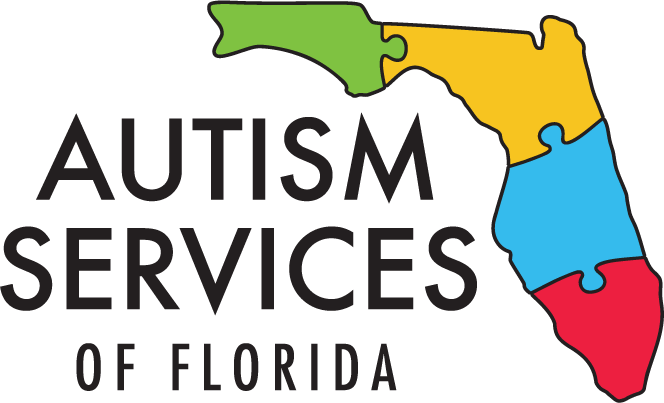Resources
Early Intervention Steps
We understand how overwhelming it may be for families, the moment you begin seeing signs that your child may have autism spectrum disorder (ASD) or is officially diagnosed with ASD. As caregivers, we recognize the feeling of wanting to know everything you can, to help your child be able to get the care and help they need. Our goal is to be able to provide all of the support and information you may need, to make the process as smooth as possible. If your child has not yet been diagnosed, but you do have speculations, we suggest taking a look at the symptoms below and contacting your pediatrician to discuss further.
Early Symptoms of Autism Spectrum Disorder:
- Delayed language skills
- Delayed movement skills
- Delayed cognitive or learning skills
- Hyperactive, impulsive, and/or inattentive behavior
- Gastrointestinal issues (for example, constipation)
- Unusual mood or emotional reactions
- Anxiety, stress, or excessive worry
- Lack of fear or more fear than expected
For more information on the signs to look for please visit cdc.gov/ncbddd/autism/signs.html
Screening for ASD
If your child is displaying any symptoms of ASD, we recommend you schedule an appointment with your pediatrician and request an autism screening.
For more information about getting your child screened in your state, you can visit Here
Importance of Neurologists
If your child has been diagnosed with ASD, ask your pediatrician for a referral to a neurologist within your network. Neurologists will be able to identify and treat disorders of the nervous system and brain. If you also notice any signs such as hyperactivity, eating issues, and/or sleep problems, the neurologist will be able to provide you with solutions. A neurologist will also be helpful if there are any concerns about hypotonia
[low muscle tone] or motor abnormalities – if the child is a very floppy baby or one side of his body is stronger than the other.
Autism Spectrum Disorder may be detected as early as 18 months and is diagnosed by age 2, by an experienced professional using the Autism Diagnostic Observation Schedule (ADOS).
Enrolling in ABA
After an ADOS is completed, it is recommended that you begin applied behavior analysis (ABA) therapy. ABA therapy is an evidence-based intervention for children diagnosed with ASD. ABA is an effective way to help your child become more independent and learn new skills that will help improve their quality of life. These skills can consist of social skills, communication, and language skills, school readiness skills, self-care skills,
motor skills, and community safety skills. In order for your child to be enrolled in ABA services you will need to provide a comprehensive diagnostic evaluation completed by a developmental-behavioral pediatrician or a neurologist. The next step is to see if your insurance covers ABA therapy.
To learn more about the Insurance companies that cover ABA therapy (depending on your state) you can visit crossrivertherapy.com/insurance
Contact Us

Phone: 239-349-3139
Fax: 239-984-4372
[email protected]
12501 World Plaza Lane, Building 51
Fort Myers, FL, 33907




